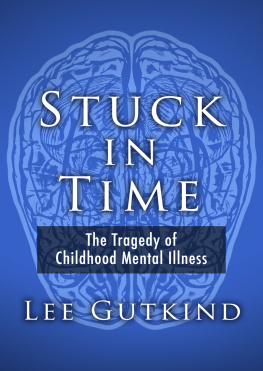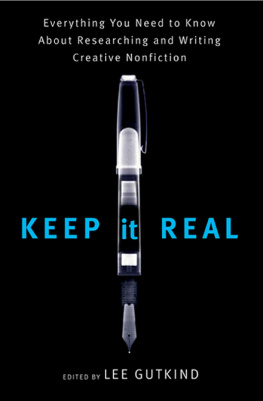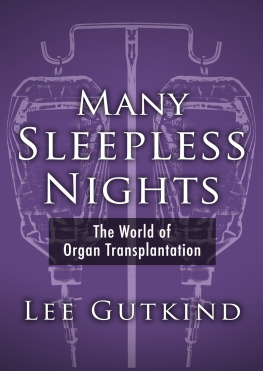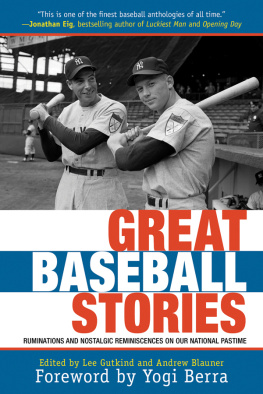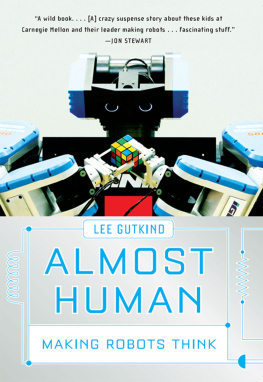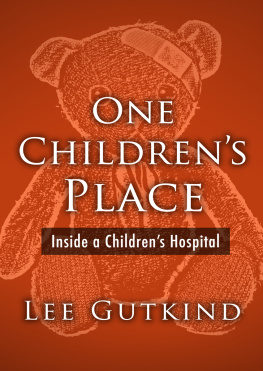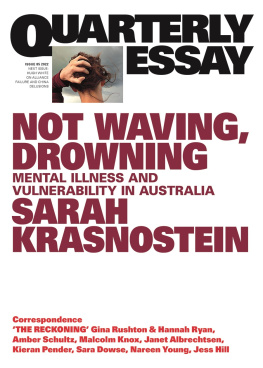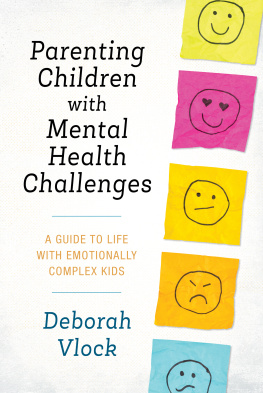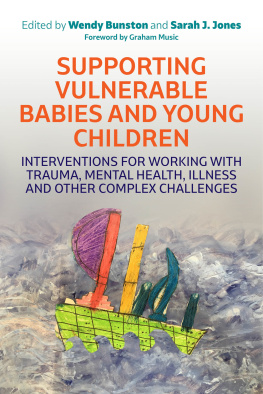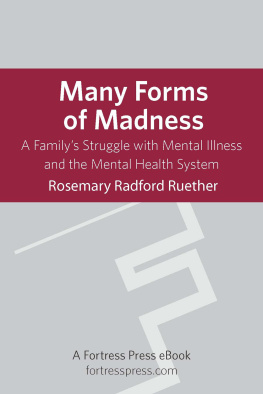Stuck in Time
The Tragedy of Childhood Mental Illness
Lee Gutkind


EARLY BIRD BOOKS
FRESH EBOOK DEALS, DELIVERED DAILY
LOVE TO READ ?
LOVE GREAT SALES ?
GET FANTASTIC DEALS ON BESTSELLING EBOOKS
DELIVERED TO YOUR INBOX EVERY DAY!

LEE GUTKIND
FROM OPEN ROAD MEDIA
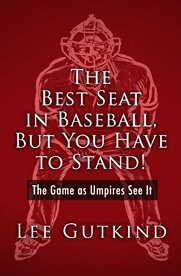
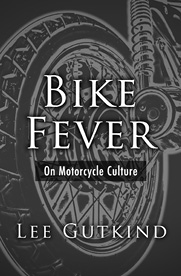
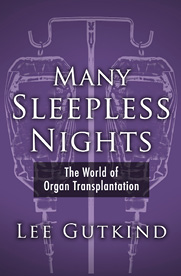
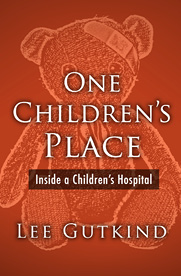
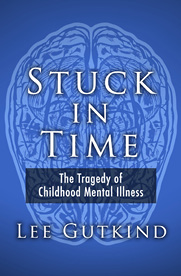



Find a full list of our authors and
titles at www.openroadmedia.com
FOLLOW US
@OpenRoadMedia




This book is dedicated to Mrs. Duncan, who died recently after forty years of voluntary service. No one loved children, revered families, or spent herself more vehemently on their behalf.
Authors Note
Parents, such as Tom and Elizabeth Scanlon, who have children with mental health problems, are often forced into untenable, desperate situations because of a lack of options and not because of a lack of love. I observed the Scanlons and other families in similar situations for nearly three years. Despite their struggles, I never doubted the love and commitment they shared.
In certain cases, pseudonyms have been used to protect confidentiality. However, all the people who appear in this book are real, as are their stories.
Preface
AS I WORKED ON this book, I periodically thought about a scene in Kurt Vonneguts novel Slaughterhouse-Five. The protagonist Billy Pilgrim entered his living room, turned on the television, and suddenly became slightly unstuck in time, an event that enabled him to watch the late moviean epic about American bomber pilots in World War IIbackward. This was a marvelously therapeutic experience: American planes, riddled with bullet holes and bloodied men, took off from an English airfield backward, and flew backward to France, where they were confronted by German fighters, which sucked bullets back into gun barrels protruding from their cockpits. The Americans followed the fighters to Germany, backward, where fire and debris were siphoned up from the earth into big bombs. As the backward procession continued, the bombs were stacked on racks in England, then transported on ships to the U.S., where American pilots were transformed into high school kids. The movie subsequently reversed direction, but Billy Pilgrim speculated that if the backward momentum had continued, Adolf Hitler might have been a baby and Adam and Eve reborn.
This is what I wish for the three childrenDaniel, Meggan, and Terriwhose stories I chronicle here; that somehow, with the flick of a switch or the wave of a magic wand, they too might become unstuck in time, triggering a journey backward to their own hopeful beginnings, thus launching a new and better start in life, not only for them, but for all the 7.5 to 9.5 million U.S. children who suffer from serious mental health problems. Four fifths of those children receive no treatment, while even the lucky remaining minority are often treated inappropriately.
Researching and writing this book, I met many intelligent and compassionate people: the personnel at Western Psychiatric Institute and Clinic (Western Psych), where I regularly observed treatments; the national child mental health care experts I interviewed; the psychiatrist Kenneth Stanko, who welcomed me into his inner sanctum. They, like the families and kids they are dedicated to protecting and treating, are also stuck in time, mired in an outdated and overextended system that only infrequently functions therapeutically for anybody.
Kurt Vonneguts work reflects a unique understanding of the absurdity of a system and situation that so blatantly defy logic. Perhaps new leaders will emerge to help improve child mental health care in the U.S., but at present our best bet for salvation and change is the immediate re-creation of Billy Pilgrim, who can reverse our senseless direction.
Daniel
Autumn
WHEN I DROVE UP to the house, Daniel was walking toward me. I got out of the car and waited for him to approach. Even though he waved and flashed a quick smile, he seemed grim and befuddled. Whats wrong, Dan?
He shrugged and shook his head as we walked up the steps toward the porch. Nothings wrong, he said, but his eyes were darting erratically from side to side.
Daniel had been working periodically that summer at a rental property I owned, cleaning out the basement, a filthy job that he savored. Nothing made Daniel happier than getting dirty, especially with a bunch of junk. A pack rat, Daniel had always rummaged through trash, rescuing an array of worthless mechanical objectsmanual typewriters, speedometers, radios, lamps, rusty tools, old motors. Keys of any size, type, or condition were his special passion, and locks, whether or not they corresponded to the keys. Sometimes he managed to clean or fix a derelict item of junk and sell it at a Sunday flea market, but usually Daniel was more interested in contemplating these items in the questionable safety of his room.
Daniel is short and broad, part muscle from his recent forays into weight lifting and part paunch from overeating. It was not unusual for him to devour an entire large pizza with mushrooms, sausage, and pepperoniour traditional Saturday-afternoon snackfollowed by a few hot sausage hoagies for dinner. Over the past three years, he had changed a good deal physically; when he was twelve, he weighed ninety pounds, a frail and exceedingly delicate feather of a boy; now, still very short, he could be more aptly described as a fireplug.
We stopped at the top of the steps, and I put my hands on his shoulders. Ruffling his curly hair with my hand, I joked about how dirty he was and made a crack about his ears, which are unusually small. I could almost always get him to laugh by invoking his ears or by pointing out that he was most handsome on Halloween, when he wore a mask. But this time he did not laugh, or protest; he was so somber that I pulled him down on the stoop and looked him straight in the eye. Cmon Dan. Somethings wrong. Whats going on?

